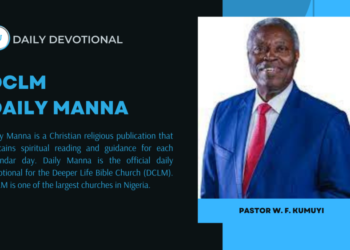The Rivers State High Court on Wednesday partially sealed three branches of Polaris Bank in Port Harcourt following the bank’s alleged failure to comply with a judgment mandating the refund of $863,000 (or its current naira equivalent) to Paulazanda Nigeria Limited.
The court enforcement team, accompanied by bailiffs and security personnel, visited the bank’s Garrison, Trans Amadi, and Waterlines branches early in the day to carry out the order.
Counsel to Paulazanda Nigeria Limited, Barr. Ernest Obasi, told journalists that the enforcement followed Polaris Bank’s refusal to honour a valid judgment issued in favour of his client.
According to him, the disputed funds were deposited through a letter of credit in 2019, but when Paulazanda sought to withdraw the money, the bank insisted on paying the naira value at the 2019 exchange rate of N300 per dollar—far below the prevailing rate of about N1,500 per dollar.
He said the payment made in 2025 represented a shortfall of approximately N296 million from the true value of the funds.
“The court agreed with us that what should be paid back is the full value of the deposit, either in dollars or at the current naira equivalent,” Obasi stated. “Polaris Bank has refused to comply with that order, hence the enforcement action today.”
Also reacting, Head of Business Development and Strategy at Paulazanda Nigeria Limited, Thomas Ossai, expressed dissatisfaction over the bank’s alleged obstruction during the enforcement exercise.
He accused Polaris Bank of denying court officials access to some locations, calling the move a sign of disregard for the rule of law.
“We are appealing to Polaris Bank to obey the court judgment and pay the balance as ordered or clarify if it is experiencing any financial difficulty meeting its obligations to customers,” Ossai said. “Anything short of that is an attempt to frustrate local investment.”
The enforcement action has amplified concerns over bank compliance with judicial directives and the protection of depositor funds in Nigeria’s financial sector.
















Hmm, it is unacceptable that a licensed financial institution of such magnitude would engage in fraudulent practices, which is why die businesses are dying in Nigeria.